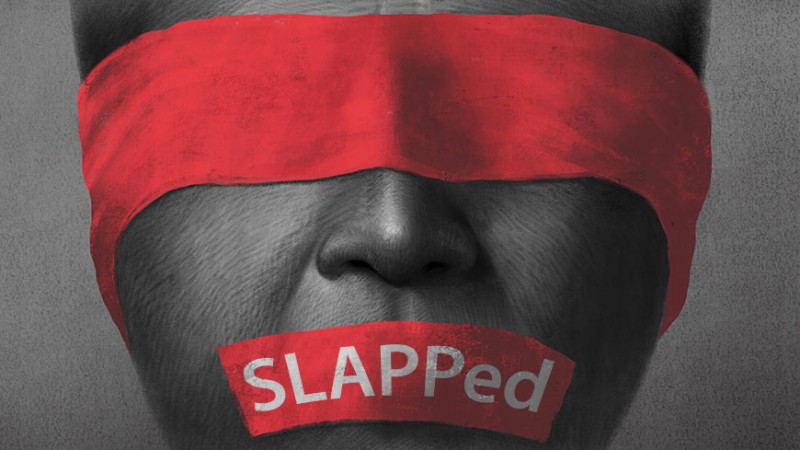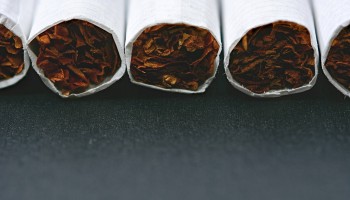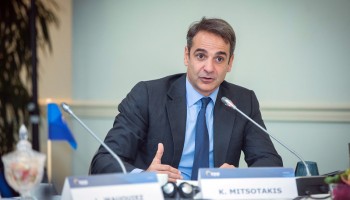Strategic Lawsuits Against Public Participation, known as SLAPPs are “a particular form of harassment used primarily against journalists and human rights defenders to prevent or penalize speaking up on issues of public interest,” the Commission’s Directive said.
The document will enable courts in the member states to “swiftly dismiss manifestly unfounded lawsuits against journalists and human rights defenders,” said the European Commission’s Vice-President for Values and Transparency, Věra Jourová, on Thursday.
“We see cases everywhere. We also see that the abusive legal threats don’t come on their own — they are often linked to threats, to the physical and online safety of journalists and right defenders,” Jourová said at a press briefing in Brussels.
The SLAPPs’ key feature, according to Jourová, is the imbalance of power and financial resources between parties.
“Those bringing these lawsuits are wealthy and powerful, but targets, usually, not so. The fight is unequal and it is not uncommon to target journalists and human rights defenders with multiple lawsuits at once, in several different jurisdictions,” she stressed.
“Whatever the tactics, the aim of SLAPPs is to harass, consume the resources and drain the morale of their targets, all this in order to restrict, prevent or punish them for speaking up to inform the public,” Jourová warned.
The Directive was initiated by a coalition of non-governmental organizations from across Europe united in recognition of the threat posed to public watchdogs by SLAPPs — the Coalition Against SLAPPs in Europe (CASE).
The CASE relies on the work of a number of advocacy groups and media, including OCCRP, who have focused on SLAPPs in Europe since the murder of a Maltese investigative journalist Daphne Caruana Galizia in October 2017.
She dared to write about corruption, nepotism, clientelism, and all kinds of criminal behavior in her country, and paid for that with her life. At the time she died in a car-bomb explosion, she was facing more than 40 lawsuits — SLAPPs.
Across the continent, the CASE discovered a striking pattern: journalists, publishers, activists, campaigning organizations, whistleblowers, and others are being increasingly pursued by litigation in reaction to their attempts to call the powerful to account.
Over a decade, the organization recorded 570 SLAPP cases.
“On the basis of this data, we have identified a number of clear trends,” a CASE report read. “In particular, we have found that the number of SLAPP cases across Europe has been increasing year on year, with the highest number recorded in 2020, followed by 2021 and 2019,” it said.
Jourová reminded that SLAPPs are often brought on defamation grounds, and called on member states to “make sure that the defamation laws are clear and prevent misuse or abuse.”
“In some, but not all member states, defamation is still a criminal offense that carries a prison sentence. So, we are strongly encouraging member states to abolish prison sentences for defamation cases,” she said.
The document establishes a number of procedural safeguards and remedies, including damages compensation and dissuasive fines for filing abusive lawsuits.
Věra Jourová admitted that the work on the SLAPP Directives was somewhat a personal case for her. She said she realized that on a cemetery, standing on Daphne’s grave, with the murdered journalist’s parents and sons.
Daphne Caruana Galizia, her story, helped her while working on the document, she said, and therefore she wanted to name the law after her — “Daphne’s Law”.
“I didn’t succeed, so we have some neutral name as the title of the law, but you know that this is, in fact, Daphne’s Law,” Jourová concluded.






